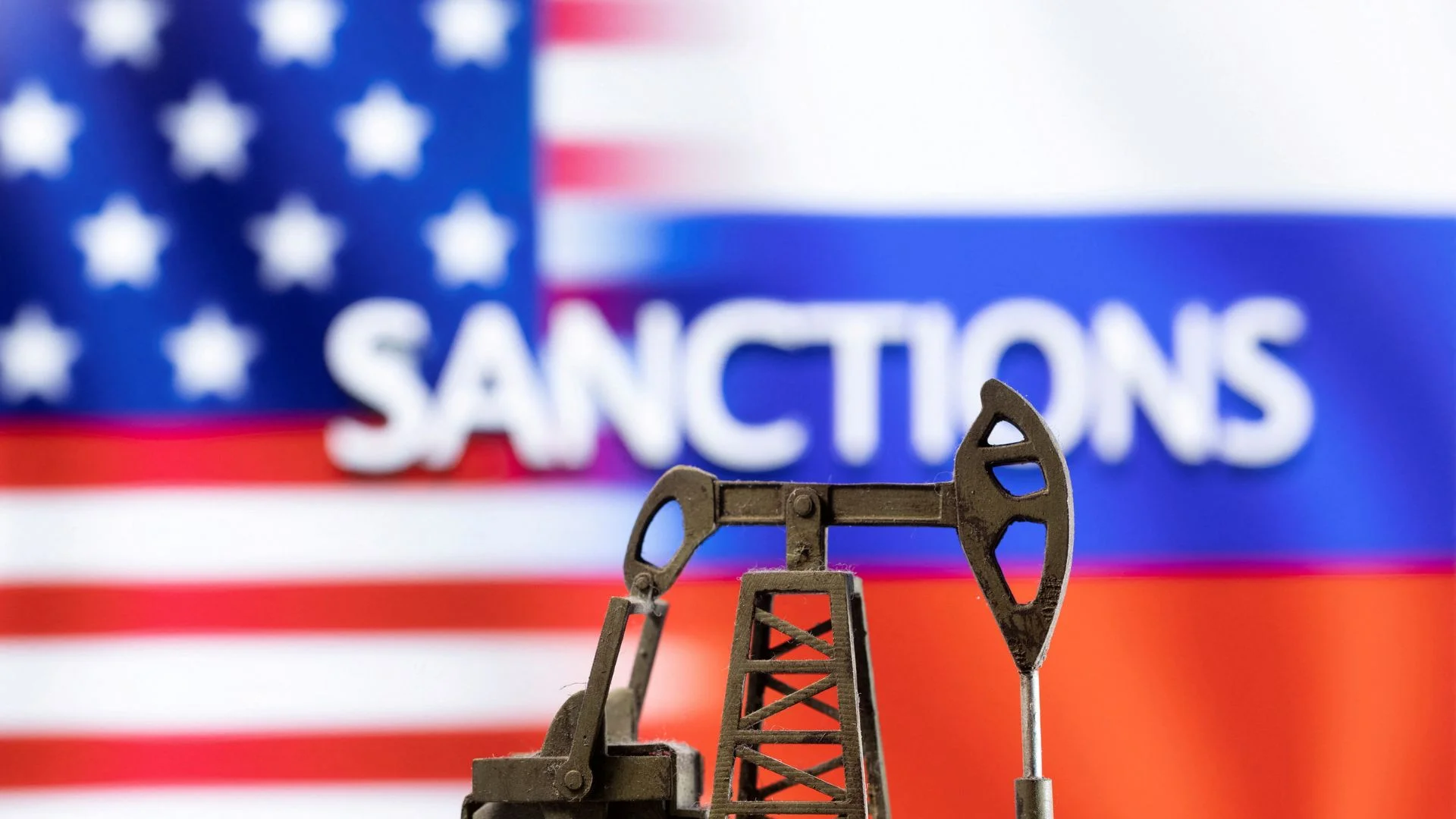Since the al-Assad regime fell in Syria, it has been said that massive caches of the drug captagon have been discovered. The Syrian rebel forces assert that these caches were associated with the former regime‘s military operations and that it was responsible for producing and trafficking the illegal drug. Captagon has been synonymous with the black-market boom of drugs in the Middle East for decades, but its history is far more different.
The Pharmaceutical Origins of Captagon
Captagon, first synthesised in 1960s Germany, was originally a Fenethylline pharmaceutical drug. It was used to treat ADHD and narcolepsy, possessing stimulant effects similar to those of amphetamines. It would raise dopamine levels and thus was used to create a sense of euphoria and focus with stamina, although it was associated with significant side effects, such as low-level psychosis.
Originally available in pharmacies across Europe and the Middle East, Captagon became a controlled substance in the 1980s. Although pharmaceutical production of Captagon was shut down by 2009, illegal manufacturing soon picked up where this left off.
The Illicit Captagon Trade
This is the black-market version of captagon, a core drug economy in the Middle East. Most supply traces its roots back to Syria and its neighbour Lebanon. The term “chemical courage“ was used to label what seems to be chemical concoction and is allegedly utilised by fighting forces in zones to remain energetic and attentive. It’s earnings reportedly total more than $7.3 billion from 2020 to 2022 for Syria and Lebanon in its illegal drug economies.
Experts still believe that the captagon trade will not dwindle significantly despite the increased crackdowns and seizures. With the ease of its production, high demand in Gulf states, and other Middle Eastern regions, its trade is bound to be dominant in the illegal drug market. Recent discoveries of large stockpiles of captagon may temporarily stop its production but are unlikely to put an end to the thriving trade.






















